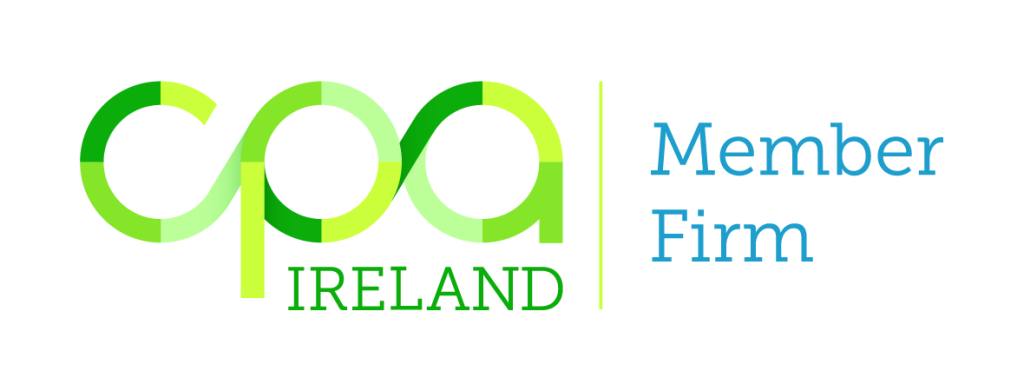For Irish SMEs, payroll management can be a daunting task, often shrouded in complexities and intricate regulations. Navigating PAYE, PRSI, statutory payments, and employment law considerations can be challenging, especially for those without specialised payroll services. This blog post aims to demystify these complexities and provide a comprehensive guide to payroll management for Irish SMEs.
PAYE: Deciphering Pay As You Earn
PAYE, or Pay As You Earn, is a system of income tax deduction from an employee’s salary. It’s the primary mechanism through which the Revenue Commissioners collect income tax from employees. As an employer, you are responsible for calculating and deducting PAYE from your employees’ salaries, remitting the deductions to the Revenue Commissioners on a regular basis.
PRSI: Acknowledging Pay Related Social Insurance
PRSI, or Pay Related Social Insurance, is a social insurance scheme that provides benefits such as sick pay, maternity leave, and pensions. It’s a joint contribution between employers and employees, with the employer making a higher portion of the contribution. Your role as the employer is to calculate and deduct PRSI from your employees’ salaries, adding your own contribution, and remitting the total amount to the Revenue Commissioners.
Statutory Payments: Addressing Legal Obligations
Statutory payments are additional deductions made from employees’ salaries to comply with legal obligations. These payments include levies such as Universal Social Charge (USC) and the Employment Regulation Orders (EROs), which regulate minimum wage, overtime rates, and annual leave entitlements.
Employment Law Considerations: Upholding Fair Practices
Employment law encompasses a wide range of regulations governing the workplace, ensuring fair treatment for both employers and employees. As an employer, you must adhere to these laws, including hiring and firing procedures, employment contracts, discrimination laws, health and safety regulations, and data protection.
Simplifying Payroll Management
To streamline payroll management for Irish SMEs, consider these strategies:
- Choose a payroll software: Utilize specialized payroll software to automate calculations, deductions, and reporting, reducing the risk of errors and simplifying the process.
- Stay updated on regulations: Regularly review and update your knowledge of PAYE, PRSI, statutory payments, and employment law changes to ensure compliance.
- Seek professional guidance: Consult with an accountant or payroll specialist for expert advice and support, particularly when dealing with complex or unique scenarios.
- Embrace automation: Automate routine tasks such as salary calculations, deductions, and remittance to minimize manual errors and save time.
Conclusion
Payroll management is a critical aspect of business operations, and mastering it can significantly impact your SME’s financial well-being and employee satisfaction. By understanding the intricacies of PAYE, PRSI, statutory payments, and employment law considerations, you can effectively manage your payroll, maintain compliance, and foster a positive working environment for your employees.





